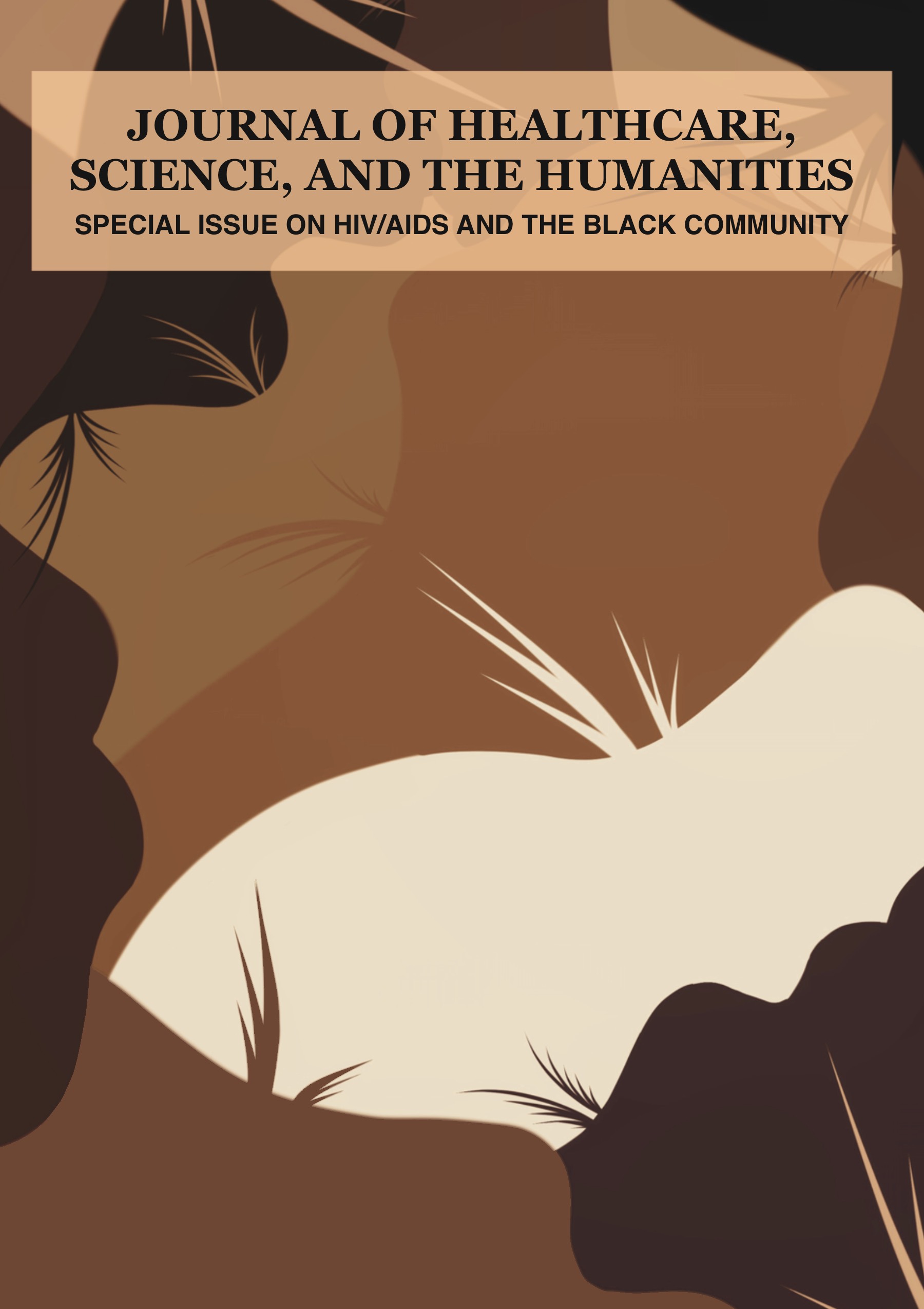By Kawana McGough
Tuskegee University’s National Center for Bioethics in Research and Health Care recently published a Special Issue of its peer-reviewed publication the Journal of Healthcare, Science, and the Humanities (JHSH) focused on exploring factors that drive the disproportionate impact of HIV on Black communities and the solutions that must be adopted to eliminate these health disparities. The Special Issue, developed with support from Gilead Sciences, Inc., features articles and commentaries that explore the social, cultural and economic factors associated with advocacy, public policy and health outcomes related to HIV/AIDS in the Black community.
“This Special Issue of the Journal of Healthcare, Science, and the Humanities highlights what must be done to eliminate HIV/AIDS in the Black community,” said Dr. Rueben C. Warren, Professor of Bioethics and Director of the National Center for Bioethics in Research and Health Care at Tuskegee University. “There is enough science to eliminate the health disparity between the Black population, other racial and ethnic groups, and their non-Hispanic white counterparts related to the disproportionate suffering, sickness and premature death from HIV/AIDS.”
The Special Issue conversations came about during a conference – Lifting the Veil of HIV: Addressing the Implications of Medical Mistrust and Racism on Black Communities Impacted by HIV – held at Tuskegee University in collaboration with the Southern AIDS Coalition in February 2020. Building off the salient deliberations from the conference, the National Center for Bioethics in Research and Health Care partnered with Gilead Sciences to publish this Special Issue with a specific focus on the importance of ethical partnerships between individuals and institutions to advance public policy to end the disproportionate burden of HIV/AIDS in the Black community.
“The Special Issue reflects the depth and breadth of the HIV/AIDS problem in the Black community and considers the legacy of Tuskegee University in addressing matters of health and healthcare in the Black population,” explained Warren.
The HIV/AIDS epidemic has disproportionately affected Black people since the beginning of the epidemic, and that disparity has deepened over time. In 2019, Black people represented 42% of all new HIV diagnoses, 40% of all people living with HIV, and 43% of HIV-related deaths despite comprising only 13% of the U.S. population. These disparities are even more pronounced when you examine data on sub-populations within the Black community, including gay and bisexual men, transgender individuals, rural populations, and Black women. Underlying and driving these inequalities are systemic factors including, but not limited to, poverty, access to affordable healthcare, access to stable housing and transportation, medical mistrust, anti-Black racism, mass incarceration, stigma, and discrimination.
Today, the nation’s annual new HIV infections have declined from their peak in the mid-1980s, and advances in science, medicine, healthcare delivery and advocacy have enabled people with HIV and those at risk for HIV to live longer, healthier lives. However, in order to achieve the goal of ending the HIV epidemic in the U.S. by 2030, it is critical that resources, programs and policies are directed towards ending the HIV epidemic within Black communities.





